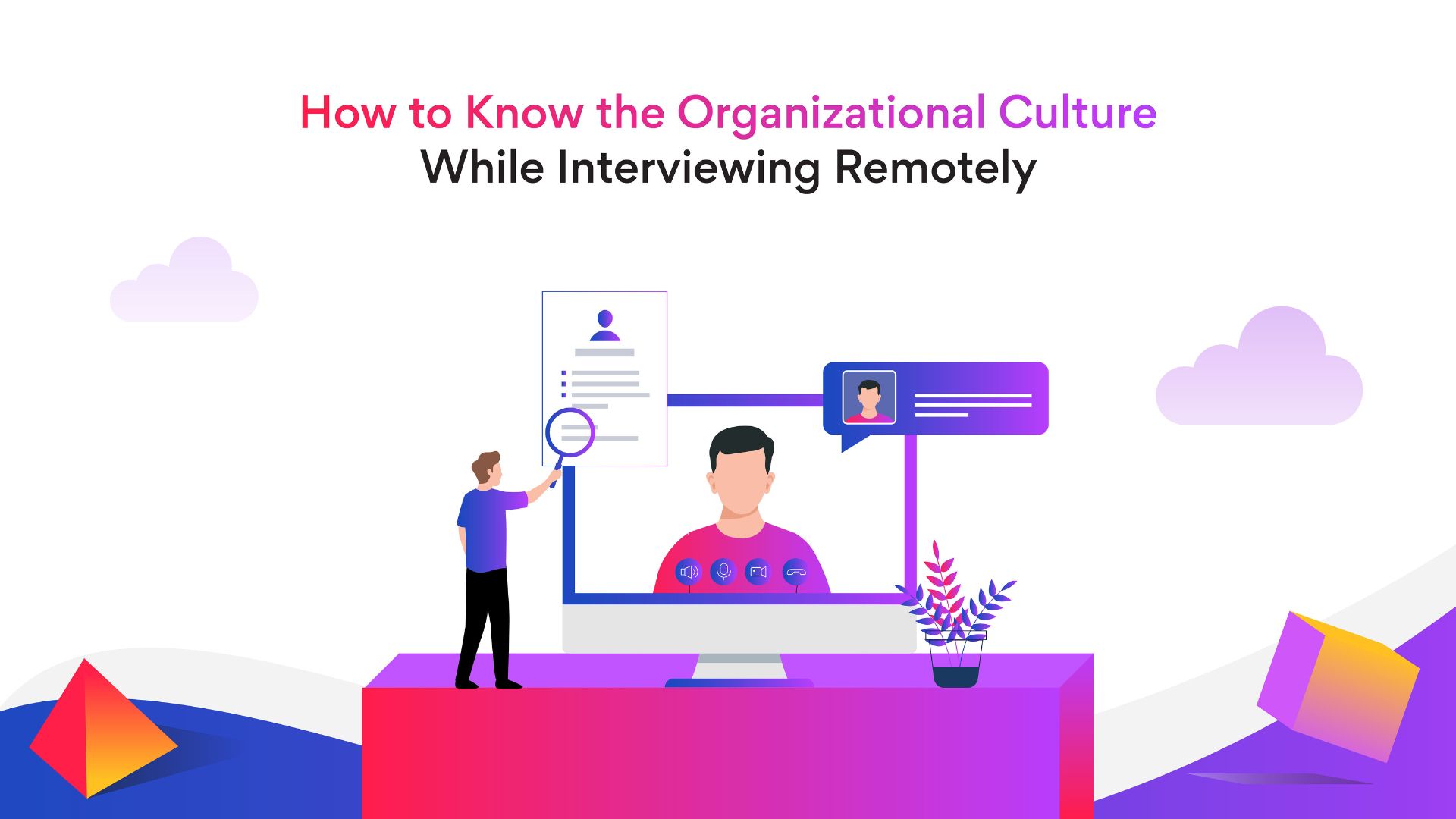Here’s How to Create a Workplace Culture Employees Will Never Want to Quit
One in five Americans leaves their job due to bad company culture. The cost of this turnover is around $223 billion, according to a report on workplace culture. Replacing an employee costs up to 150 percent of their annual salary and has consequences on productivity. What’s more, 88 percent of job seekers say that having a healthy work culture is vital for organizational success. Organizations that want to succeed in the remote work era must ensure that employees feel valued to prevent them from switching jobs for better work culture.
Key points for building a healthy remote culture:
Idea meritocracy and recognition lead to greater productivity.
Organizations with a culture of recognition are 2.5 times more likely to see enhanced employee engagement. Similarly, 90 percent of workers say recognition motivates them to work harder. Therefore, recognition from managers (or lack thereof) significantly impacts performance and workplace culture.
It is equally important to build a culture that implements and celebrates good ideas. This way, remote employees feel motivated to deliver high performance. A culture based on meritocracy promotes psychological safety, transparency, and permission to speak freely regardless of position. It prioritizes collaboration over competition. It empowers employees equally and overturns the arrangement where ideas from the highest-paid team members receive all the attention. It encourages remote employees to be vulnerable with one another. With such a culture in place, employees can share crazy ideas and freely differ from those they dislike, despite the absence of a shared physical workspace.
Setting clear goals leads to employee stickiness and accountability.
Establishing clear performance goals helps in improving employee engagement and decision-making. Engaged employees are 87 percent less likely to quit their organization. On the other hand, disengaged workers are 60 percent more likely to make errors in their work.
A high-performing remote workforce is a product of transparency. Leaders and team members are most efficient when they have a good understanding of the company vision. Breaking the vision into smaller objectives can make it easier to track and manage progress. Using this method, business owners and managers can gauge if a goal is on its way to being completed on time or if it needs reevaluation.
Employees are more committed to their work if they feel like they would hamper the team’s performance by lagging behind. This belief ensures that they are well-aligned with their colleagues’ tasks, leading to greater accountability.
Daily rituals and regular feedback improve team performance.
Twenty-four percent of employees would consider quitting their jobs due to inadequate performance feedback. As opposed to this, employees who receive weekly feedback are 2.7 times more likely to be engaged at work. To build a healthy and sustainable remote work culture, managers must have regular check-ins with their teams. They should be sensitive to the needs of individual remote employees and find clever ways to keep them engaged.
While delivering feedback, managers should address how the employee’s current contributions have helped achieve organizational goals and suggest ways to improve them. Good feedback highlights an employee’s strengths as well as weaknesses politely and strategically. Employees are more responsive towards business goals when they feel appreciated by their organization.
Building a culture of constructive feedback shows employees that their opinions are respected in the workplace. Remote organizations should encourage employees to share feedback on the work culture and make adjustments accordingly. This practice helps in improving employee experience for future hires.
Turing is an automated platform that lets companies “push a button” to hire and manage senior, pre-vetted remote software developers. Firms can hire from a global talent pool of top 1% of 700K+ developers with strong technical and communication skills who work in their time zone.
For more information, visit the Turing Hire page.
Tell us the skills you need and we'll find the best developer for you in days, not weeks.












